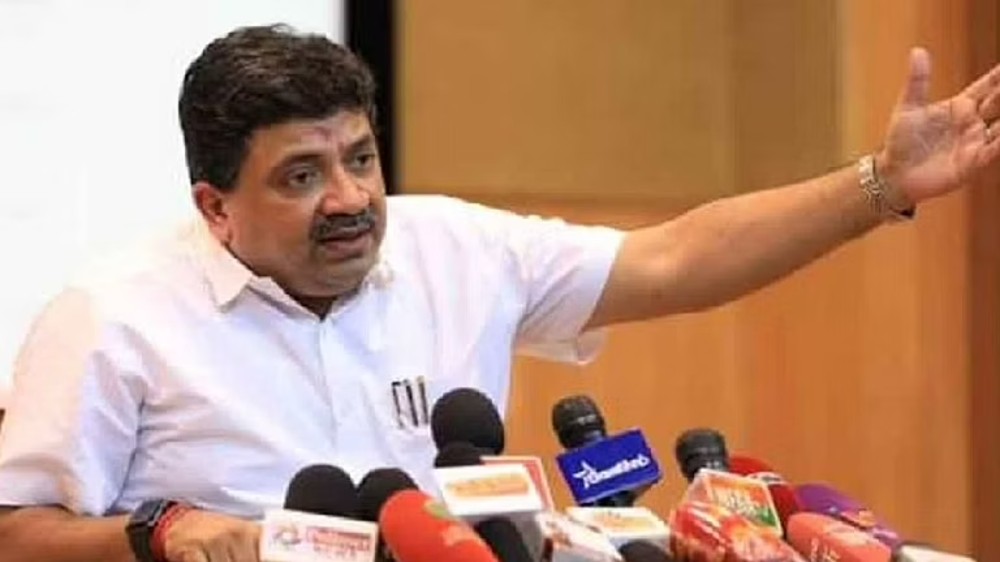Out of the frying pan, into the fire
In Tamil Nadu, Finance Minister PTR Palanivel Thiaga Rajan said considering the precarious financial position of the State, Tamil Nadu is in no position to reduce the State’s tax on fuel, as demanded by opposition parties.

It might seem like now that the Centre has cut the price of fuel, States should follow suit and do their bit. Following Union Finance Minister Nirmala Sitharaman’s call to States to provide further relief to consumers, Maharashtra, Kerala and Rajasthan have decreased VAT on petrol and diesel. But the cut in excise duty has prompted a war of words between the Centre and some States ruled by non-NDA governments.
In Tamil Nadu, Finance Minister PTR Palanivel Thiaga Rajan said considering the precarious financial position of the State, Tamil Nadu is in no position to reduce the State’s tax on fuel, as demanded by opposition parties. While Thiaga Rajan said the Centre’s decision to reduce excise duty last November had caused Tamil Nadu to lose out on Rs 1,050 cr in annual revenues, this latest cut in excise duty will set the State back by Rs 800 cr.
The narrative has found resonance in many States that are reluctant to cut fuel taxes. Telangana’s Finance Minister T Harish Rao referred to the cuts as humbug, saying there are further cuts required on part of the Centre that had hiked up taxes substantially since 2014. West Bengal has demanded that Rs 97,000 cr in dues must be cleared by the Centre to the State to implement a tax cut on fuel. Karnataka is still considering the feasibility of a tax cut. Interestingly, Sitharaman pointed out that the Centre was taking on the entire burden of cuts in excise duty and that it was not being borne by the States.
According to her, the duty reduction was carried out on the road and infrastructure cess component of the taxes levied on petroleum products, which is not shared with the States. The Centre is set to lose Rs 2.2 lakh crore annually on account of these trimmings. Stakeholders believe that States are now caught in a ‘damned if you do, damned if you don’t’ scenario. Most States are not in a position to give up on revenues earned through VAT on petroleum products, considering how short-changed they already are in terms of making any money from the basic excise duty that is shared by the Centre with States.
Experts opine that the onus of cutting down fuel costs rests upon the Centre, considering the revenue front. The Centre’s tax revenue earned between April 2021 and February 2022 was Rs 14.88 lakh cr, higher by Rs 3.75 lakh cr earned two years ago before the pandemic. On the flip side, Tamil Nadu has a different story to tell. While presenting the DMK government’s first full budget in March this year, it was announced that the State’s own tax revenue is expected to be Rs 1,21,857.55 crore as per revised estimates, which is lower compared to Rs 1,26,644.15 crore as per budgetary estimates. The State’s tax revenues had been impacted due to the pandemic, and the floods from last year. Commercial taxes, State excise and motor vehicle tax are also expected to fall short of the budgetary estimates.
One must also account for the numerous welfare schemes that have been rolled out by the government such as the subsidising of fares for women in MTC buses as well as the education centric programmes to mitigate pandemic-induced losses of students. All of these expenses are to be borne by the exchequer. This mismatch between the revenue earned by the Centre and the revenue earned by the States, puts Tamil Nadu in a tight spot as far as any opportunity to cut taxes on fuel is concerned.
Are you in Chennai? Then click here to get our newspaper at your doorstep!
Visit news.dtnext.in to explore our interactive epaper!
Download the DT Next app for more exciting features!
Click here for iOS
Click here for Android



